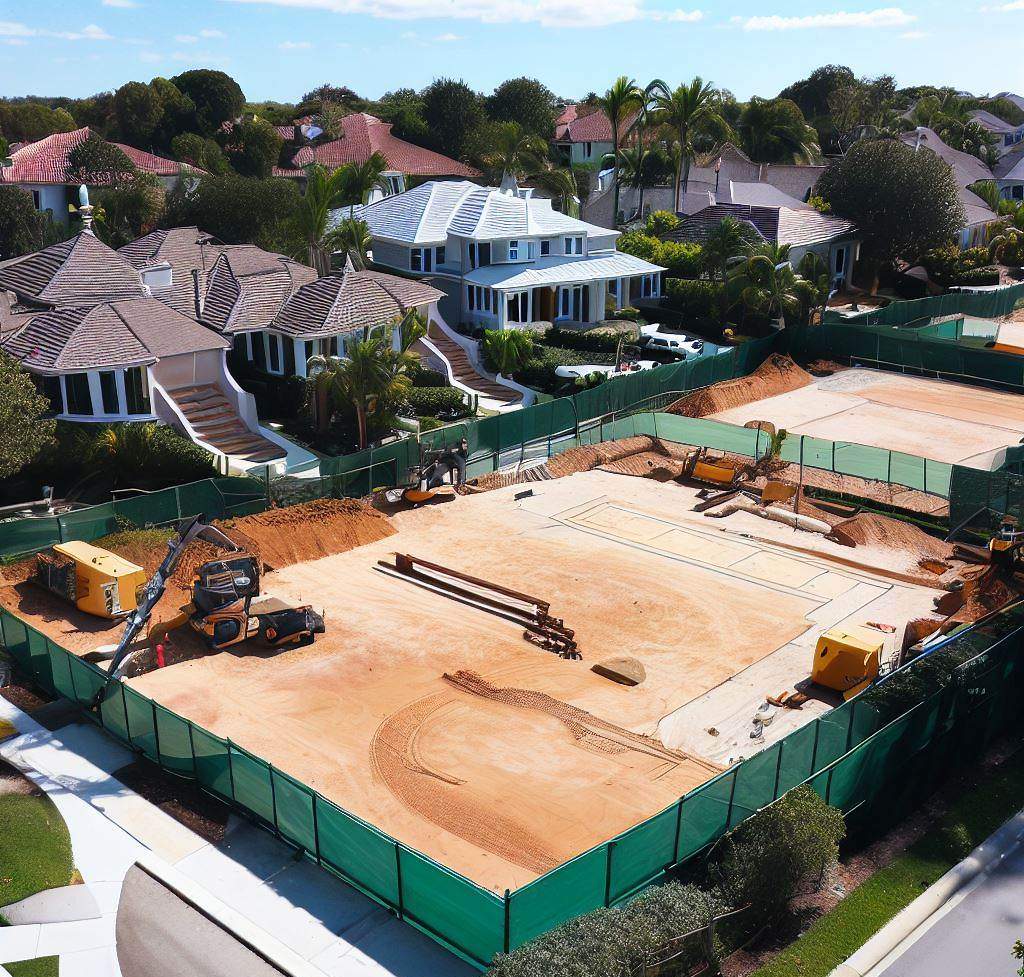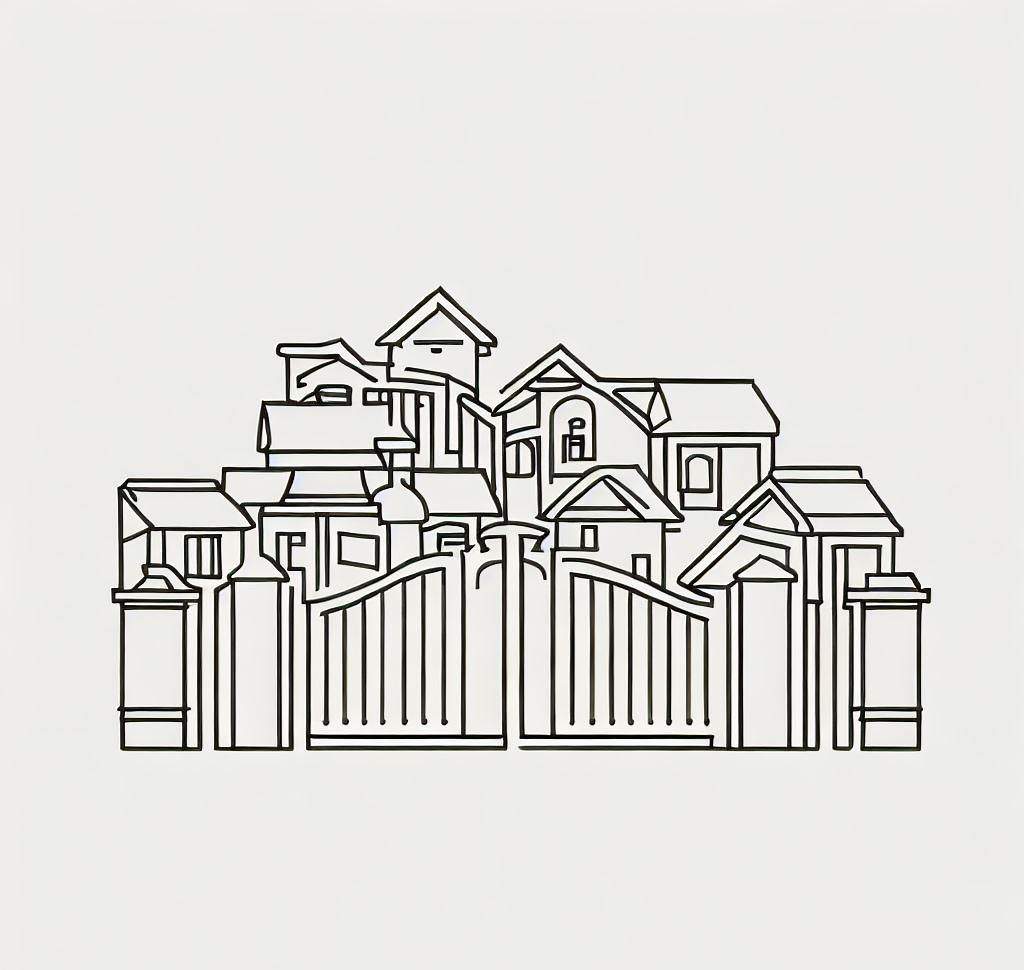HOA Loans
HOA Loans For:
- Landscaping Beautification
- Hurricane Windows
- Pool Repairs
- Roofing Repairs
- Seawall, Shoreline, and Lake Restoration
- Structural & Milestone Inspections
- Road & Sidewalk Paving
- 40 & 50 Year Certifications
- Community Gyms Upgrades
- Concrete/Corrosion Restoration
- Legal Fees
- Community Amenities
- And More!

Fast Approval
No Liens
No mortgage
No Personal
Guarantees
FAQ About HOA Loans:
HOA loans, also known as community association loans, are specialized financial products designed to provide homeowners’ associations with funding for various purposes. These loans help HOAs address inspections, maintenance, repairs, and improvement projects, and manage cash flow effectively.
HOA loans can be used for a variety of purposes, including infrastructure repairs and maintenance, capital improvement projects, legal expenses, natural disaster recovery, operational expenses, delinquent assessment collection, funding reserve account deficiencies, and addressing unforeseen emergencies.
HOA loans work similarly to other types of loans. The HOA applies for a loan from a lender, providing necessary documentation, such as financial statements, governing documents, and a loan proposal. Once approved, the association receives the loan funds, which are typically secured by the association’s assets or future assessments. The loan is repaid over a set term, including principal and interest.
Yes, HOA loans are different from personal loans. HOA loans are specifically designed for homeowners’ associations and often have lower interest rates compared to personal loans. They are secured by the association’s assets and are meant to address the collective needs of the community rather than individual homeowners’ expenses.
An HOA should assess its financial situation, evaluate upcoming projects or expenses, and consider the association’s ability to cover them using existing funds. If the HOA’s reserve funds or regular assessments are insufficient, or if there are significant projects or unforeseen expenses on the horizon, an HOA loan may be necessary.
When choosing a lender for an HOA loan, it’s important to consider factors such as the lender’s experience in providing community association loans, interest rates and loan terms offered, reputation, customer service, responsiveness, and any additional fees or requirements associated with the loan.
To prepare for the loan application process, an HOA should assess its specific needs, gather necessary documentation (financial statements, governing documents, insurance policies), research reputable lenders, and create a comprehensive loan proposal outlining the purpose, repayment plan, and potential collateral.
Benefits Of An HOA Loan:
- Financial Flexibility: HOA loans offer a flexible financing solution that allows associations to tackle essential projects without depleting their reserve funds or burdening homeowners with immediate special assessments.
- Lower Interest Rates: Compared to traditional personal loans or credit cards, HOA loans often feature lower interest rates, making them a cost-effective option for financing community initiatives.
- Enhanced Property Values: Investing in community enhancements, repairs, or renovations through HOA loans can boost property values, attracting potential buyers and ensuring a desirable living environment for residents

40 Years
Of Experience
90% Closing Rate
Homeownership comes with a multitude of responsibilities and financial obligations, especially when living in a community governed by a homeowners’ association (HOA). From maintaining common areas to funding community projects, HOAs require sufficient resources to fulfill their responsibilities. That’s where HOA loans can provide a valuable solution. We will explore the concept of HOA loans, their benefits, the application process, and essential considerations to make when considering this financing option.
The Application Process:
Assessing the Association’s Needs: The first step in obtaining an HOA loan is to evaluate the association’s specific requirements. This includes identifying the project scope, estimated costs, and repayment ability.
Researching Lenders: Engage in thorough research to find reputable lenders with experience in providing HOA loans. Look for financial institutions that specialize in community association financing and have a track record of serving similar associations.
Gathering Necessary Documentation: Prepare all required documentation, including the association’s financial statements, insurance policies, governing documents, and a comprehensive loan proposal outlining the purpose, repayment plan, and potential collateral.
Submitting the Application: Submit the loan application along with the supporting documents to the selected lender. Ensure clear communication and address any queries promptly to expedite the process.
Loan Approval and Closing: Once the lender approves the loan, review the terms and conditions carefully. If satisfied, proceed with the closing process, which typically involves signing loan agreements and other relevant paperwork.
Considerations and Best Practices:
- Financial Planning: Careful financial planning is crucial to ensure the association can comfortably repay the loan. Evaluate the impact of loan repayments on regular assessments, reserve funds, and future projects.
- Comparative Analysis: Obtain multiple loan proposals and compare the terms, interest rates, repayment schedules, and any additional fees before finalizing the loan agreement.
- Engage with Homeowners: Keep homeowners informed about the decision to pursue an HOA loan and the associated benefits. Foster transparency and address any concerns to maintain trust and support within the community.

HOA loans provide homeowners’ associations with the financial means to improve, maintain, and enhance their communities while minimizing the burden on individual homeowners. By carefully evaluating the association’s needs, selecting the right lender, and adhering to best practices, an HOA can secure the necessary funding for important projects and promote the long-term well-being of the community. Remember, successful execution of an HOA loan requires diligent planning, effective communication, and a shared vision for the future of the neighborhood.
